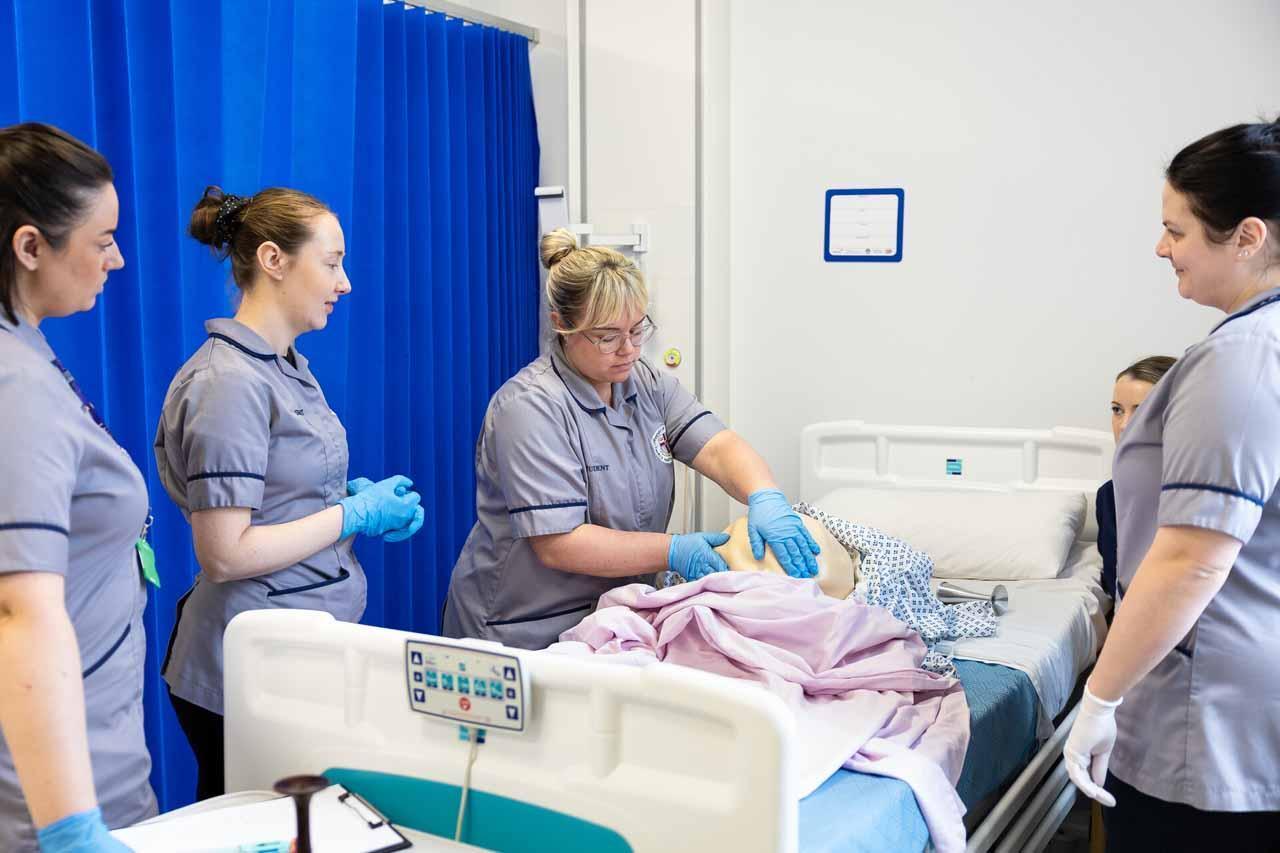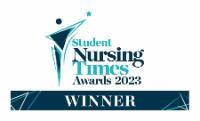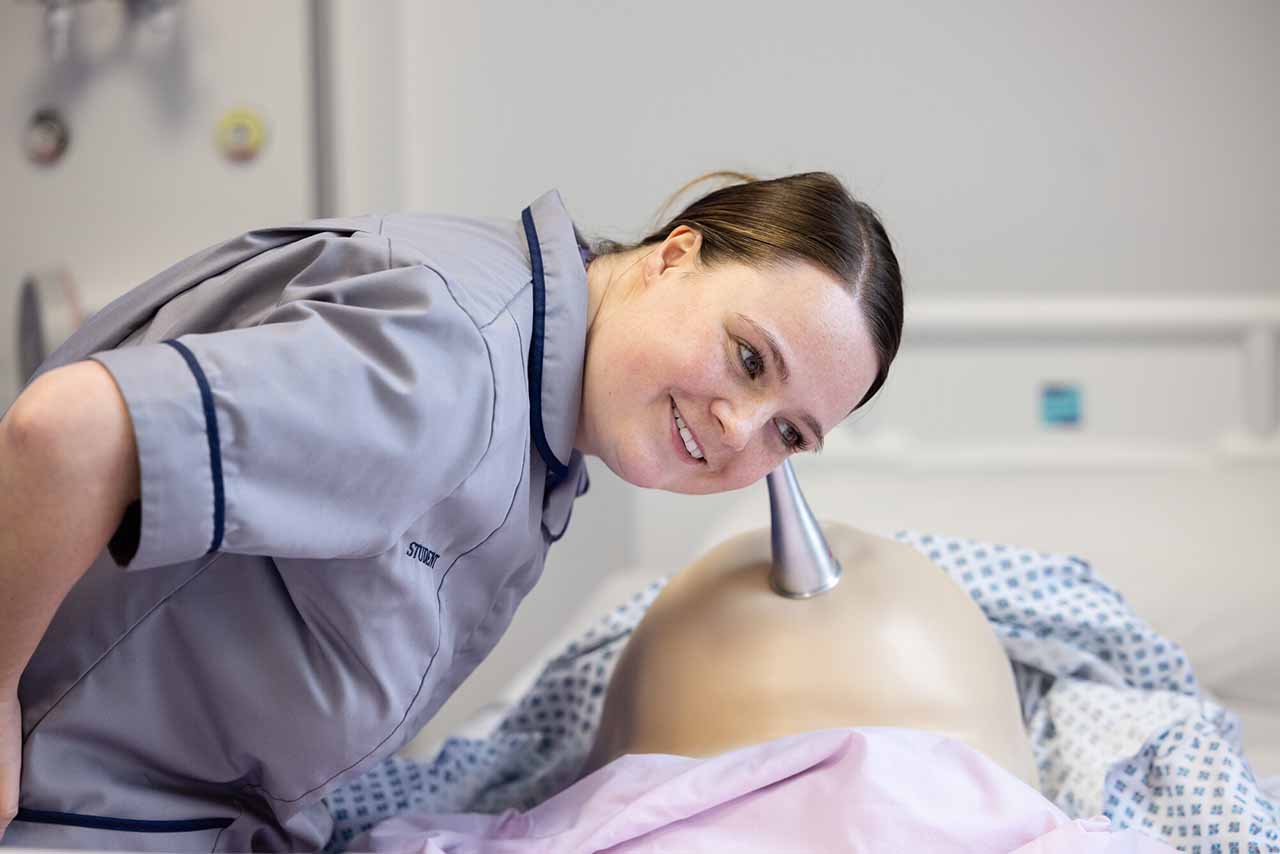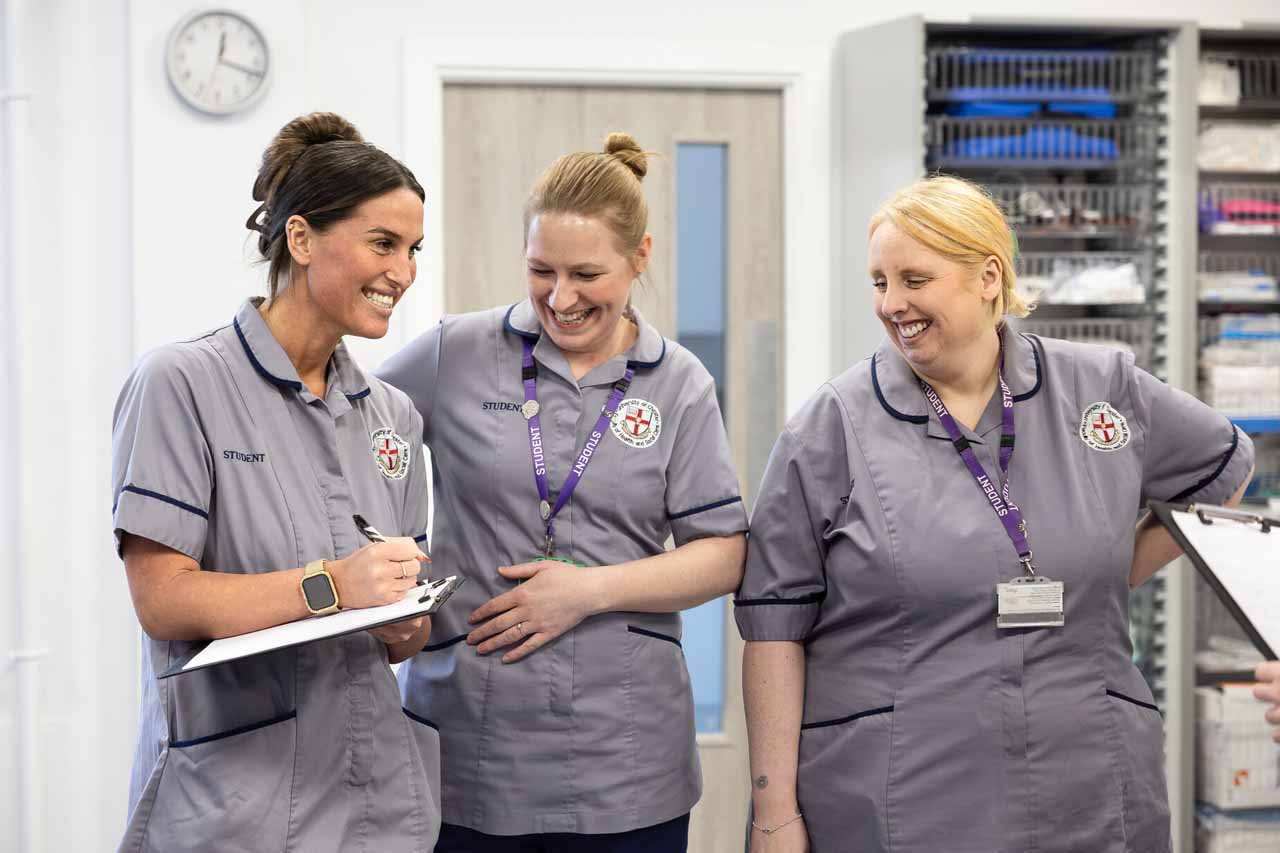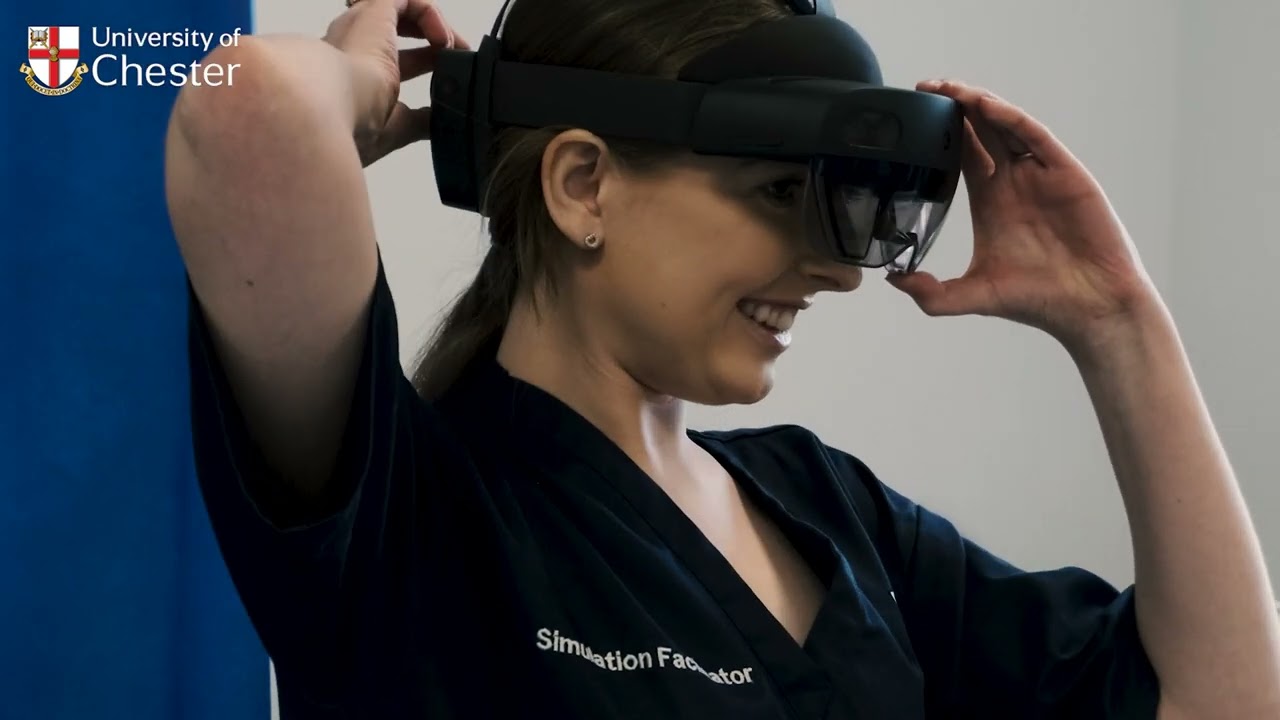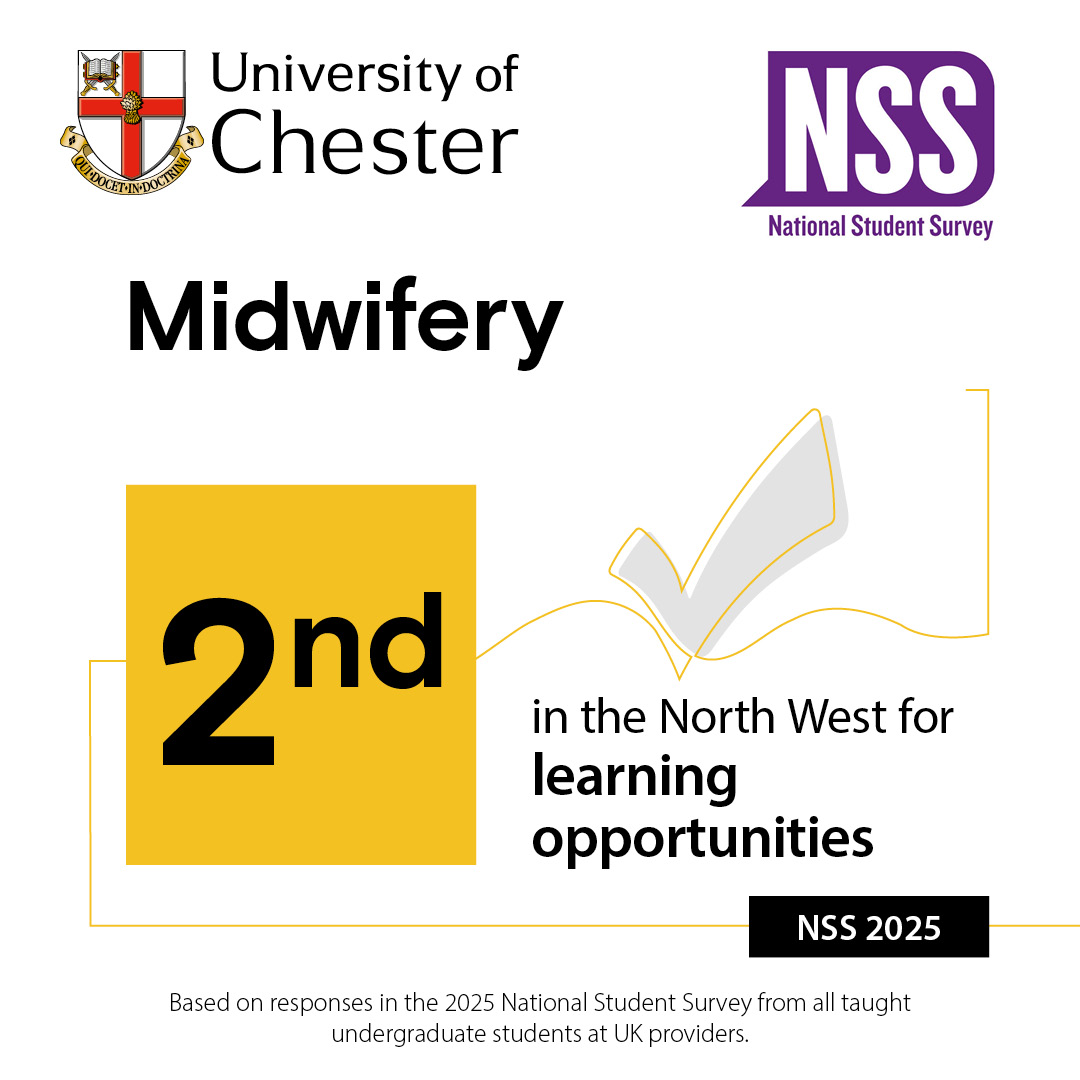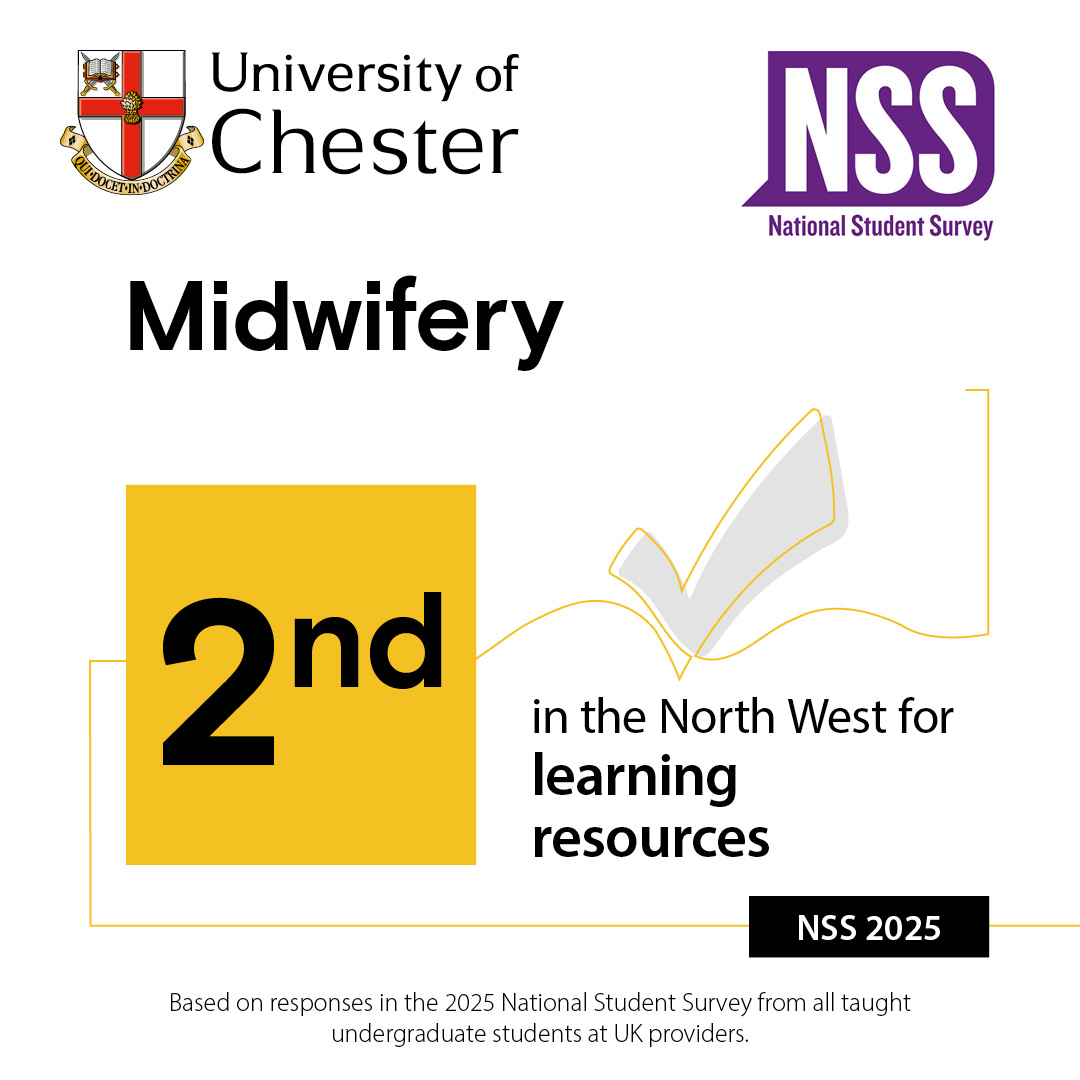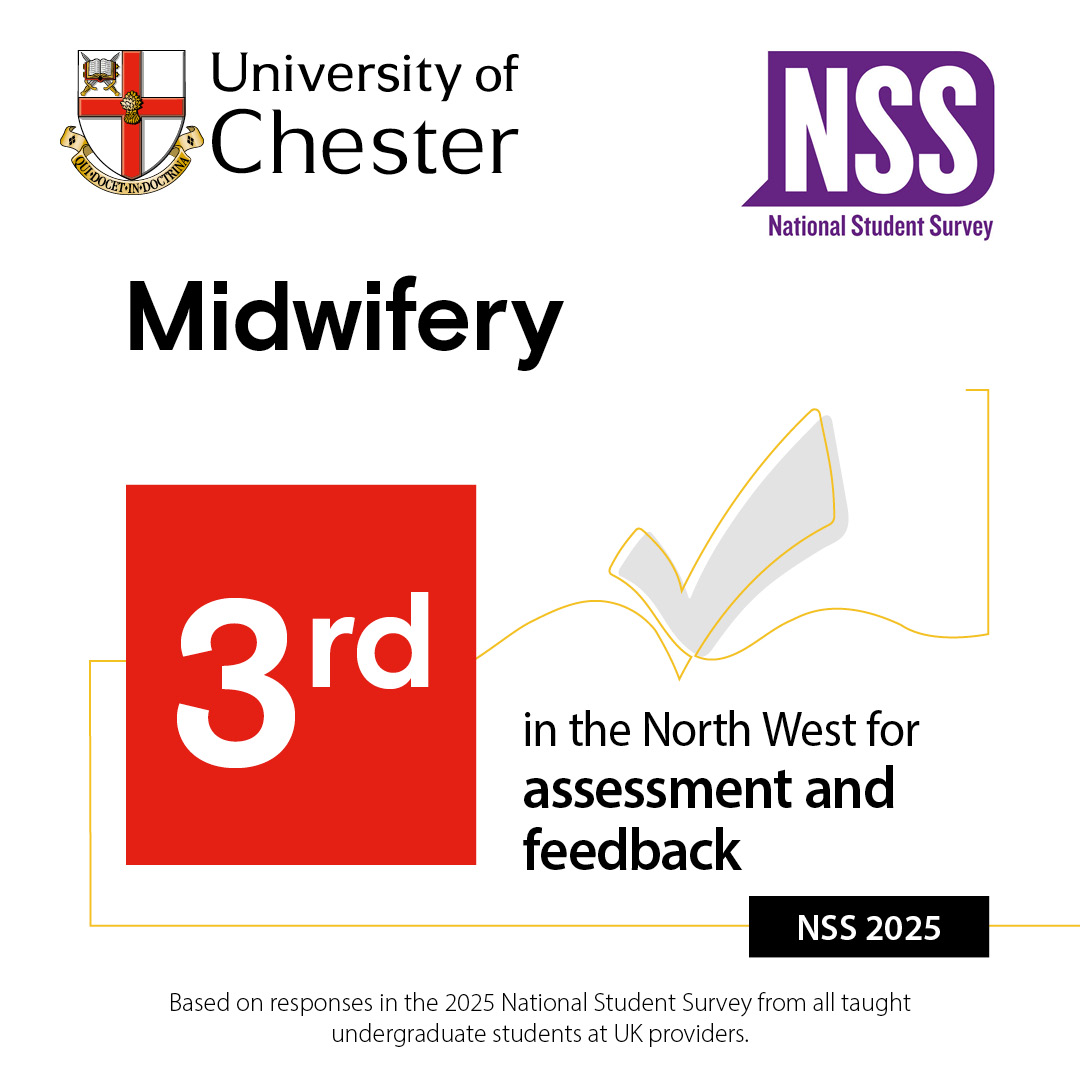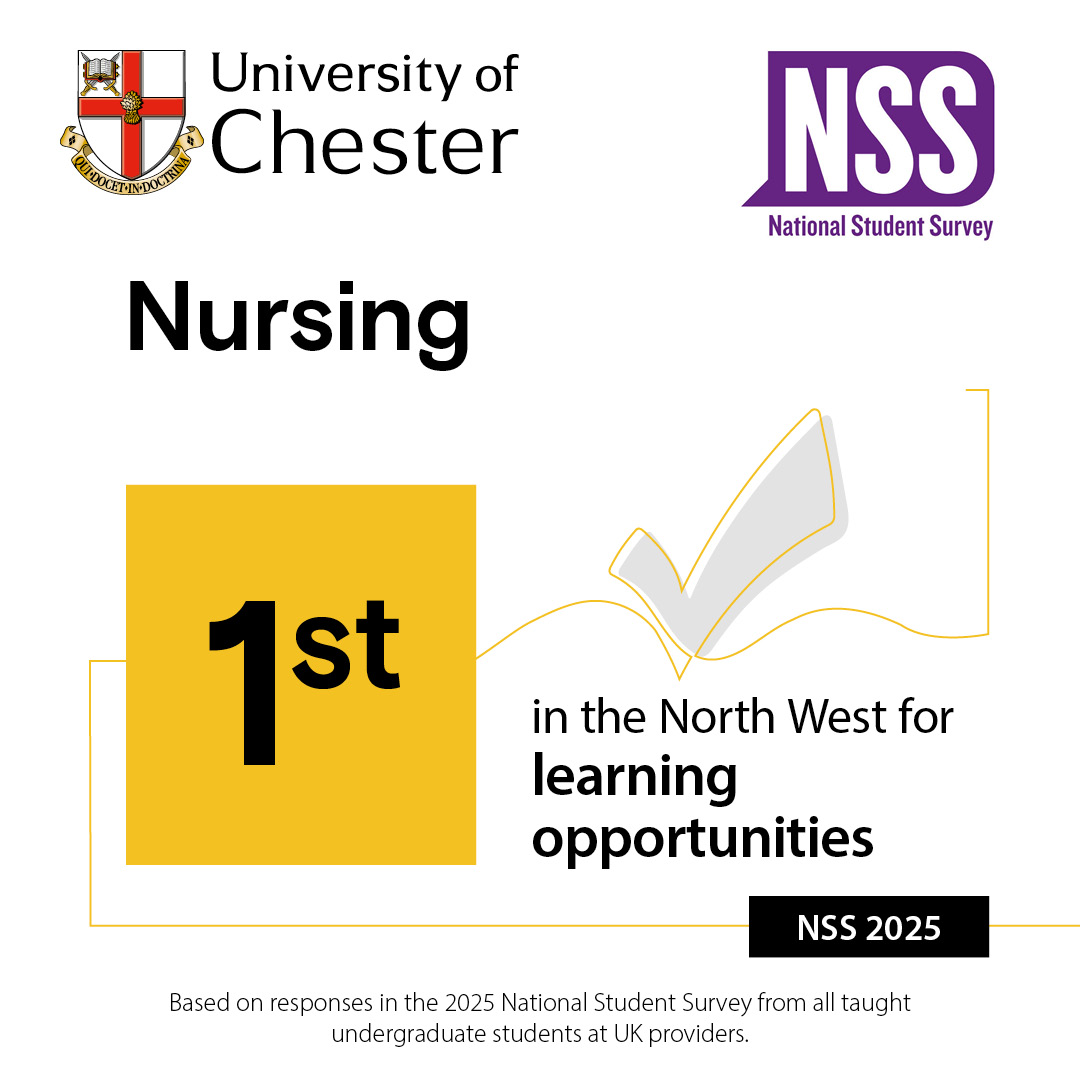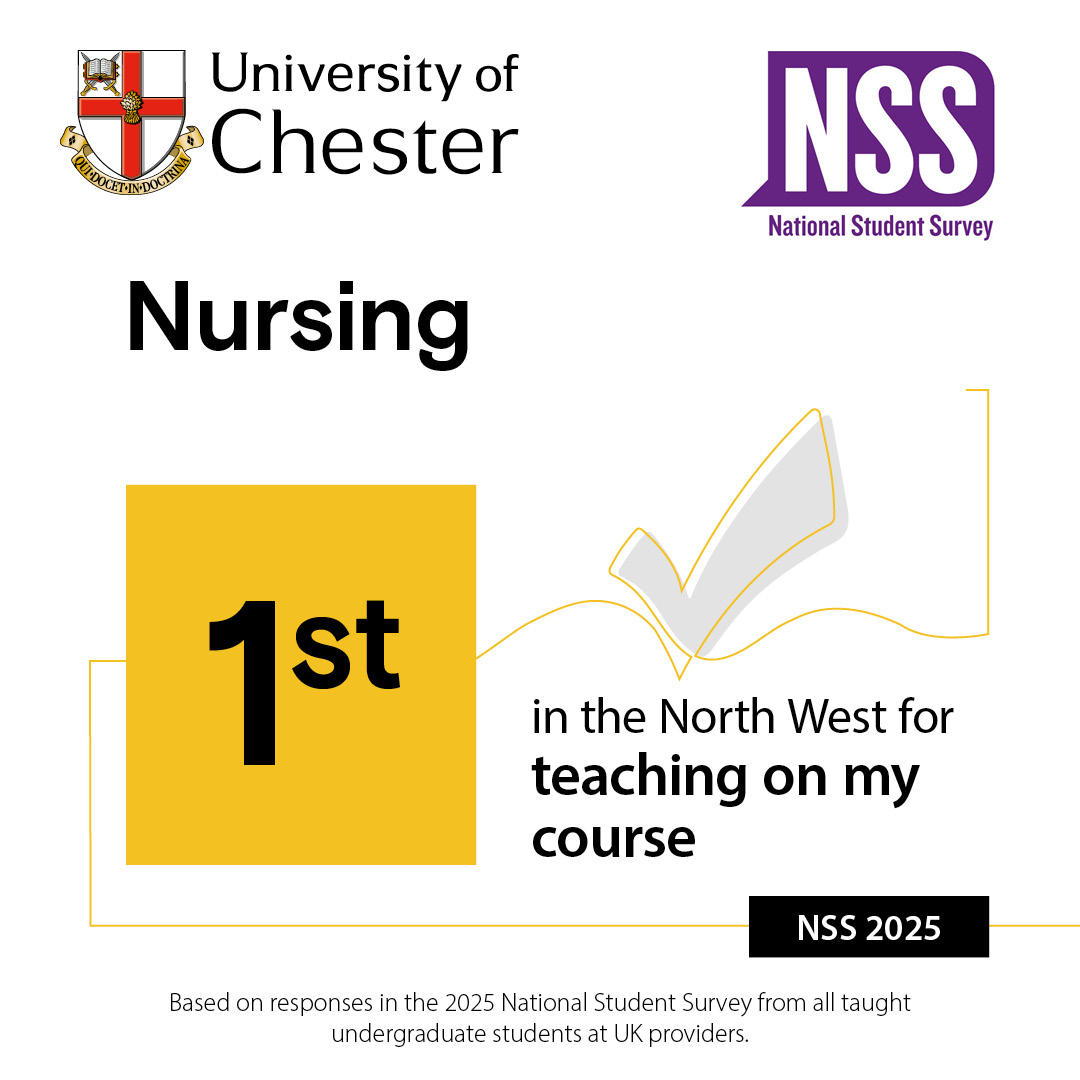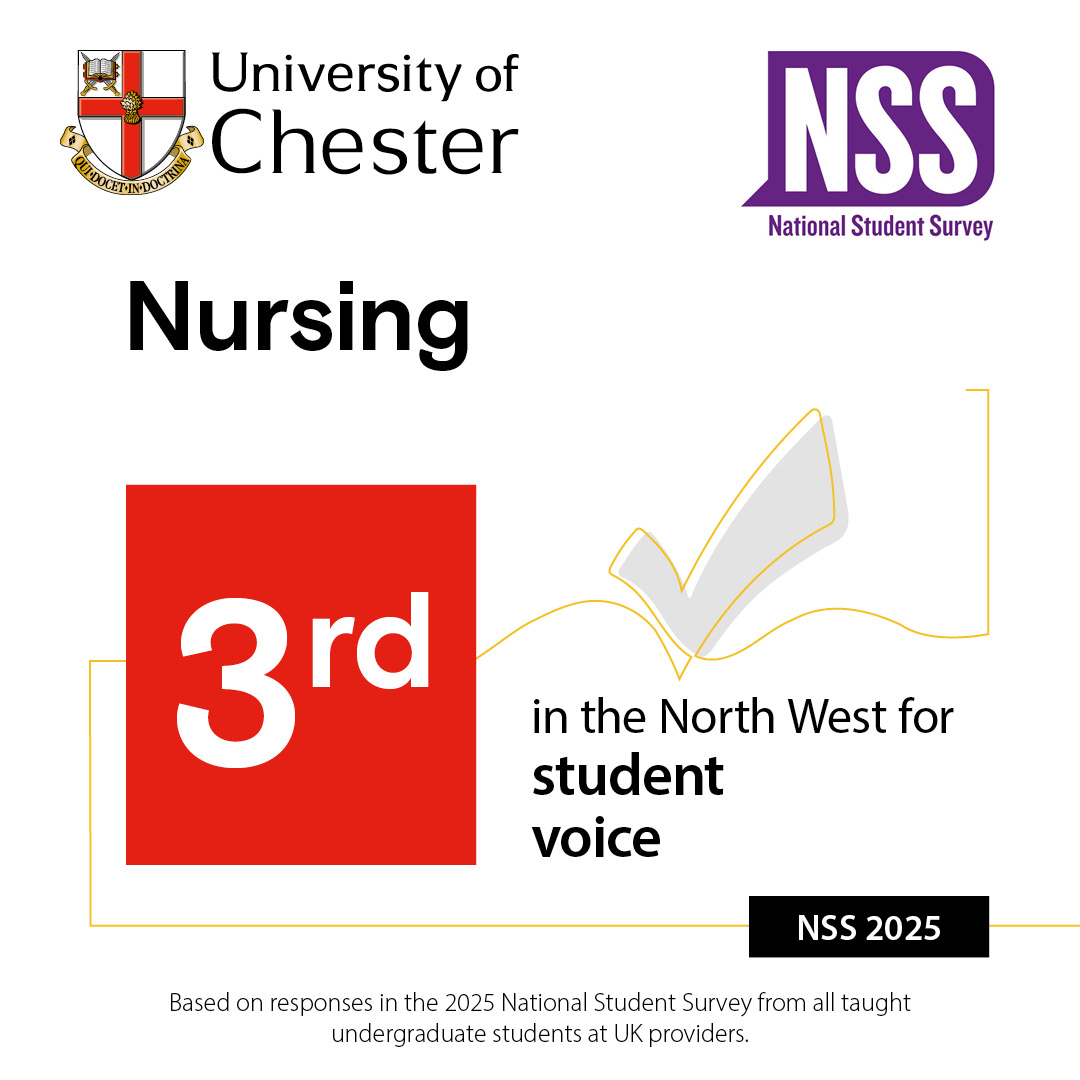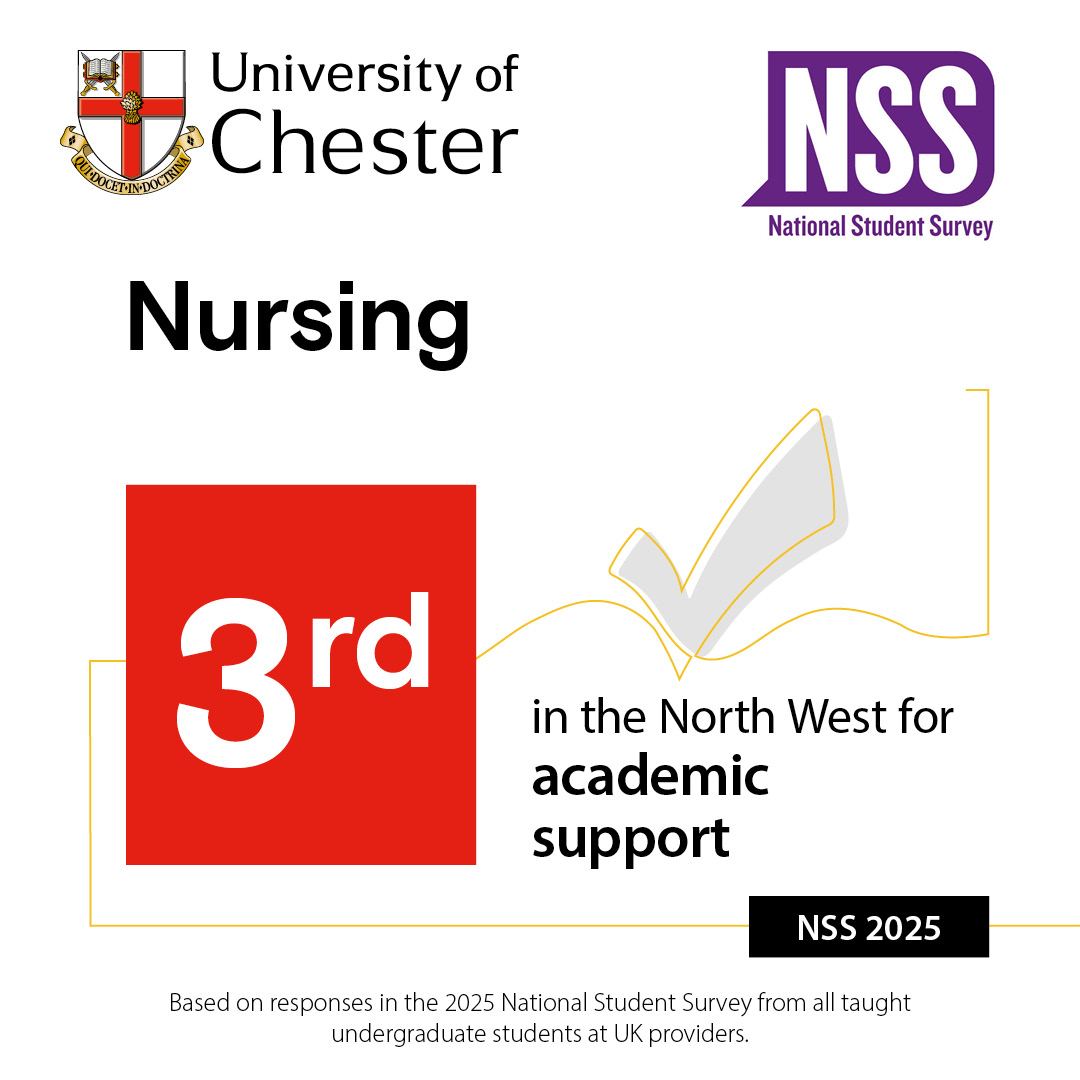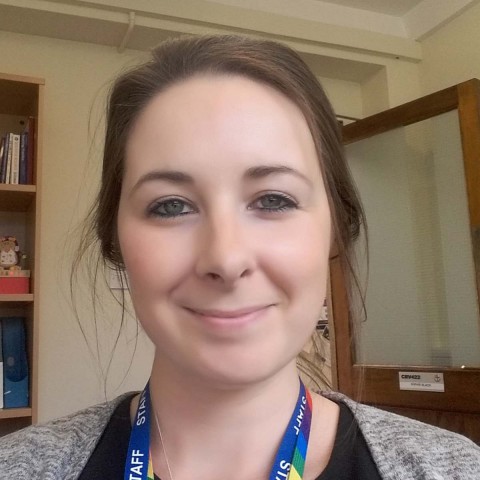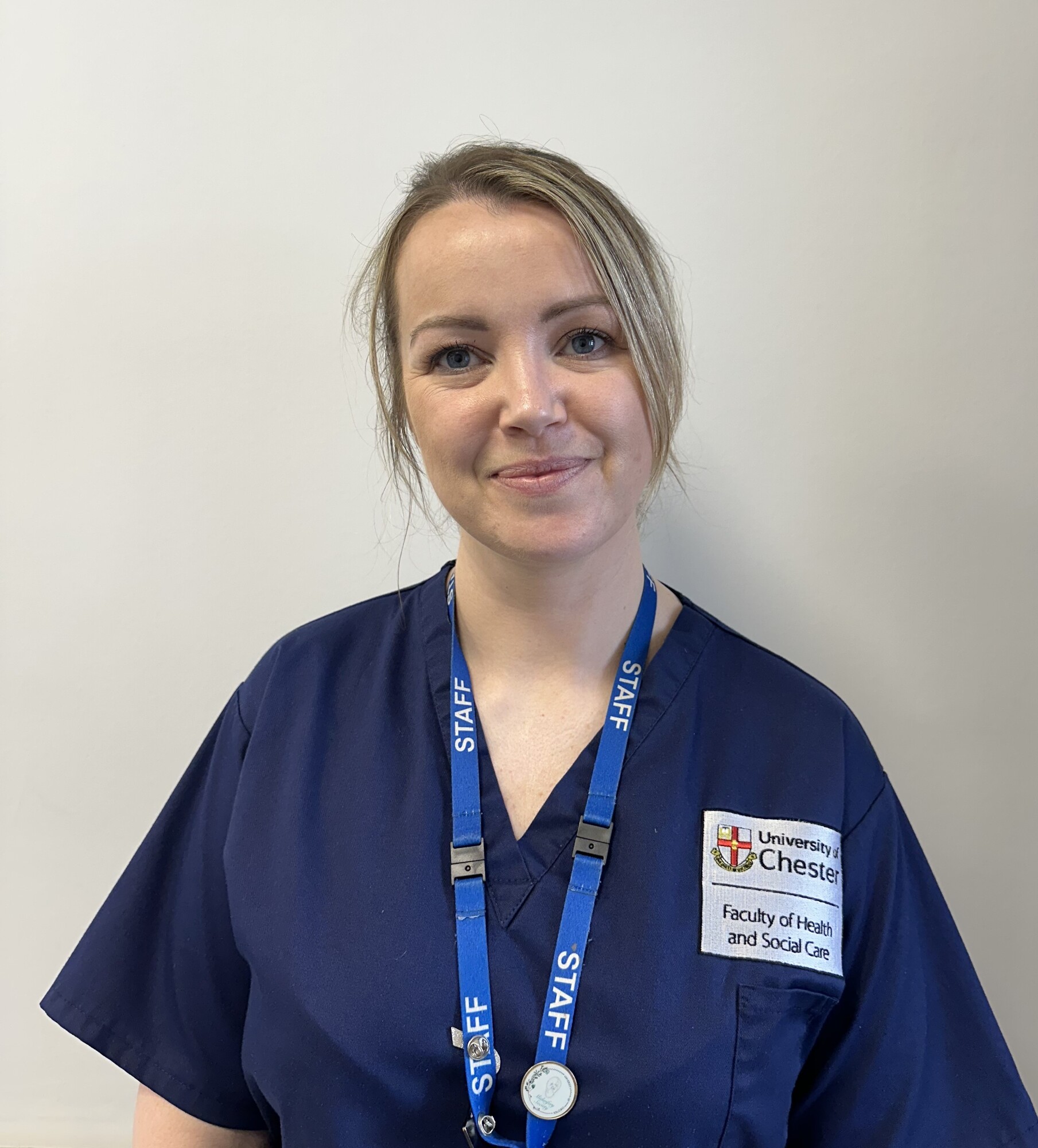120UCAS points
|
UCAS |
120 UCAS points |
|
GCE A Level |
Typical offer - BBC/BBB. |
|
BTEC |
BTEC Extended Diploma at DDM |
|
T Level |
T Level Health - Merit |
|
Irish / Scottish Highers |
Irish Highers: H3 H3 H3 H3 H4, including H3 Scottish Highers: BBBB |
|
International Baccalaureate |
28 points |
|
Access requirements |
Access to HE Diploma; to include 45 credits at Level 3, 15 of which must be at Distinction and 30 at Merit |
|
OCR |
OCR National Extended/Diploma: Merit/distinction profile plus GCE A Level |
|
Extra Information / General Entry Requirements |
Welsh Baccalaureate Advanced and A Level General Studies will be recognised in our offer. We will also consider a combination of A Levels and BTECs/OCRs. Applicants must also have GCSE Grade 4/C or above in English and Maths. We accept Level 2 Key Skills/Functional Skills as an equivalent to GCSE Maths and English. Please note that applicants must also have evidence of recent study within the last five years. |
|
Safeguarding / Suitability |
All successful candidates who receive an offer of a place for this course and choose the University of Chester as their Firm choice will be required to undergo checks with regards to their suitability to practice. A couple of months prior to admission to this course, the University will contact you to request that you complete a self-declaration form detailing any relevant convictions or other information that you believe may have an impact upon your ability to undertake work with children or vulnerable adults. You will also receive instructions on how to complete an online application for a Disclosure and Barring Service (DBS) check through the University as a registered body – there will be a charge for this. Please note that the University does not accept previous DBS checks from other registered bodies or the update service. For details about the cost of the DBS and for further information please visit our DBS web pages. |
This course is not open to international students.
72UCAS points
|
UCAS |
72 UCAS points |
|
GCE A Level |
72 UCAS points from GCE A Levels to include D in one subject |
|
BTEC |
BTEC National Extended Diploma: MMP BTEC Diploma: DM |
|
Irish / Scottish Highers |
Irish Highers: H4 H4 H4 H4 H4 Scottish Highers: CCDD |
|
International Baccalaureate |
24 points |
|
Access requirements |
Access to HE Diploma – Pass overall |
|
OCR |
OCR Extended Diploma: MMP |
|
Extra Information / General Entry Requirements |
Welsh Baccalaureate Advanced and A Level General Studies will be recognised in our offer. We will also consider a combination of A Levels and BTECs/OCRs. Applicants must also have GCSE Grade 4/C or above in English and Maths or recognised Level 2 equivalent. Please note that applicants must also have evidence of recent study within the last five years. |
|
Safeguarding / Suitability
|
All successful candidates who receive an offer of a place for this course and choose the University of Chester as their Firm choice will be required to undergo checks with regards to their suitability to practice. A couple of months prior to admission to this course, the University will contact you to request that you complete a self-declaration form detailing any relevant convictions or other information that you believe may have an impact upon your ability to undertake work with children or vulnerable adults. You will also receive instructions on how to complete an online application for a Disclosure and Barring Service (DBS) check through the University as a registered body – there will be a charge for this. Please note that the University does not accept previous DBS checks from other registered bodies or the update service. For details about the cost of the DBS and for further information please visit our DBS web pages. |
